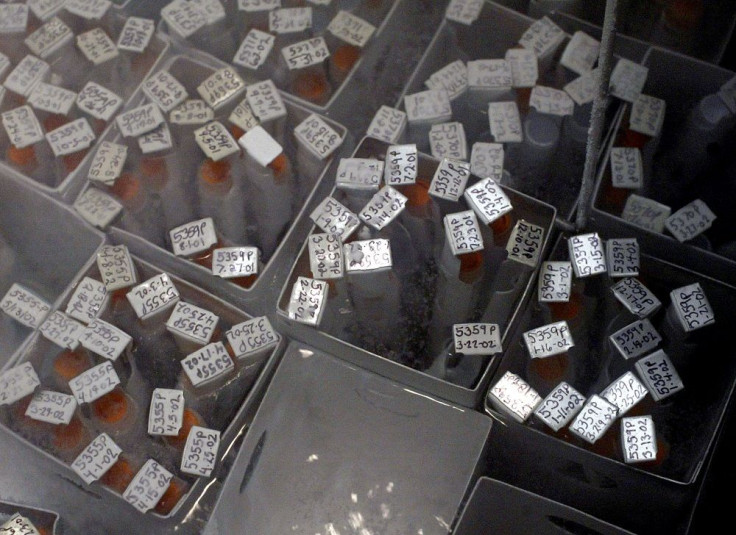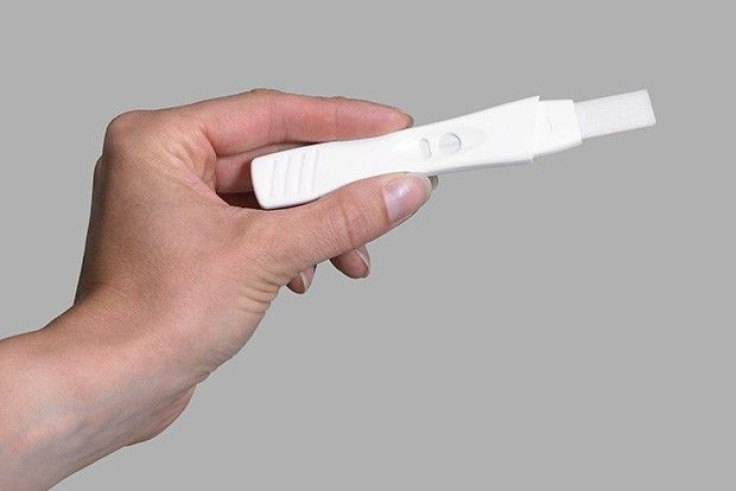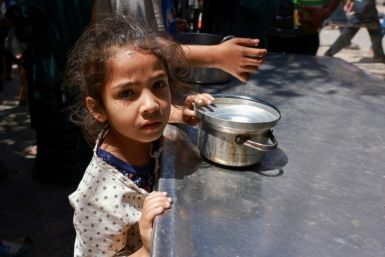Experts advise boys diagnosed with cancer after puberty to bank sperm due to high rate of infertility

If girls who acquired cancer during their childhood still have chances of bearing babies by freezing their ovary and re-transplanting the organ, it is a different case for the male child. A new study says that boys who survive childhood cancer has thrice the chances of suffering infertility compared to girls.
For boys, the study, published in The Lancet Oncology, recommends banking the sperm. The study made by the Fred Hutchinson Cancer Research Centre examined the effect of various doses of 14 commonly used chemotherapy drugs on pregnancy and birth, reports The Telegraph.
There were 10,938 male and female survivors of childhood cancer who were compared with their 3,949 siblings who did not have cancer at all. About 70 percent of the female survivors had become pregnant by age 45, while it was 80 percent for their siblings. Among male survivors, only 50 percent had children compared to 80 percent among their siblings.
Because of the effect of radiation on reproductive systems of young people, patients suffering from common childhood cancers such as leukaemia, lymphoma, kidney cancer, bone cancer and neuroblastoma are treated with less radiation but more intensive chemotherapy.
The study aimed to find the impact of chemotherapy-only treatments on young cancer patients’s fertility, says Dr Eric Chow, lead author of the study. They used the data from The Childhood Cancer Survivor , based at St Jude Children’s Research Hospital, which tracked children diagnosed with common childhood cancer between 1970 and 1999.
Chow notes that even if the treatment data was prior to 2000, most of the 14 chemotherapy drugs used then are still commonly used now.

Although the findings yielded mixed results, it was more positive for women survivors because the impact of the chemo drugs on their fertility is minor, but they run the risk of having earlier menopause. But such is not the case for men which led to the recommendation to bank their sperm.
The study found that men with significantly reduced likelihood of fertility were given high cumulative doses of alkylating agents such as cyclophosphamide, ifosfamide, procarbazine and agent cisplatin. Chow notes that the research did not take into account if the study participants were really trying and failing to become pregnant or not.
“Having children is a complicated thing,” Chow says. He continues, “You have to want kids, number one. And you have to have a partner, typically.” He admits they were not able to measure those factors and do not discount the possibility that the reduced rate for pregnancy for women ages 30 to 45 could be other issues beyond their ovaries’ function.






